A day out in Connemara... Clifden, Kylemore Abbey and Killary Harbour
- Fiona
- Sep 6, 2020
- 4 min read
Updated: Oct 28, 2020

Connemara
I have read many novels that have been set in Connemara and so I was very excited at finally being able to see it 'in the flesh’...
Connemara is a wild hinterland on the West coast, bounded in the North by Clew Bay (and Westport), in the South by Galway Bay and in the East by Lough Corrib and Lough Mask.
Oscar Wilde wrote about Connemara’s ‘savage beauty’, declaring it a ‘wild, mountainous country’, ‘in every way magnificent’.
and
Paula Lydon from the Connemara Heritage and History Centre describes it beautifully...
Passing through the desolate yet beautiful Doo Lough and Delphi Valleys, the landscape tumbles down to the dark waters of Killary Harbour, a stunning fjord framed by olive-coloured mountains. It’s a sign that you’re somewhere very special Truth be told, this romantic region, with its old stone walls, ponies and wild landscape is the very essence of Ireland
As well as driving through this remarkable landscape we stopped at the coastal town of Clifden, Kylemore Abbey and Killary Harbour - all very beautiful but very different places - more on this below.
Clifden
Our first stop of the day was for coffee in Clifden, where the Owenglin River flows into Clifden Bay on the Atlantic coast. Clifden is a small (population just over 2500) and very pretty coastal town that has the foothills of the Twelve Bens Mountain range as its backdrop. We enjoyed walking around the town in the warm sunshine, admiring the pastel coloured buildings and traditional pubs from the outside as they were still closed when we visited - and the coffee was rather nice too!
Killary Fjord in Connemara
Killary Harbour is a fjord that divides County Galway from Mayo in the north; it was gouged out of the rock by a glacier in the Ice Age. As we approached the village of Leenaun on the southern shore of the harbour we could see it set at the foot of the hills. In the village itself there are several streams and a lovely stone bridge crossing the Lahill river in the village centre. We also passed the Leenaun Hotel which also has a lovely setting as well as having the only salt water seaweed baths in the West where they use seaweed that is hand cut daily from the lough - I’m wishing now that we had stopped to indulge - in the bar and/or the spa... Leenaun Hotel
Kylemore Abbey
In the heart of Connemara and on the shores of the tranquil Lough Pollacopall, is a wonderful testament to love - standing in stately elegance, as perfect today as it was when it was first built in 1871 is Kylemore Abbey. It was built by Mitchell Henry for his wife, Margaret, after they spent their honeymoon in the area in the 1840s; sadly, just three years after the castle was completed, Margaret died. Her heartbroken husband had a chapel built in her memory in the style of a Neo-Gothic cathedral (similar to Chichester Cathedral in England, although on a much smaller scale). Margaret is laid to rest in a little Mausoleum in the woods close to the chapel.
The story of Kylemore continues...
There was a community of Irish Benedictine Nuns founded in Ypres, Belgium, in 1665 to offer a refuge from religious persecution of Catholics in Ireland by the British. In 1920, the order fled their home in Ypres after the town was heavily bombed during World War I. The nuns bought Kylemore Castle and turned it into the first Irish Benedictine Abbey. The nuns also offered education to Catholic girls, opening an international boarding school and establishing a day school for girls from the locality. Unfortunately, due to dwindling enrolment numbers the school was forced to close in 2010.
The ground and first floors of the main floor of the Abbey has a fabulous exhibition of the building’s history detailing both stories as well as the future plans for the complex.
The estate also has a six acre Victorian walled garden and being a big fan of walled gardens I was keen to see it - and it has to be one of the most beautiful ones that I have seen. The nuns have restored it and it is absolutely beautiful. Its backdrop is the beautiful mountains of Connemara and it is divided by a mountain stream - on the eastern side there are neatly manicured lawns and formal flower gardens, glass houses, the head gardeners residence and the garden bothy. The western side includes the vegetable garden herbaceous border, fruit trees, a rockery and a herb garden. Interestingly it is a heritage garden and only has plants from the Victorian era. As well as being consumed by the nuns, the produce from the garden is used by the kitchens of the restaurants on the estate (it is a tourist attraction and therefore it has several restaurants) and some is sold to raise money for charities.
The inclusion of the cottage of the head gardener, the living quarters for the garden workers (the bothy), and a huge toolshed with Victorian tools illustrate the little onsite hamlet required to manage all the garden tasks when then garden was first created.




















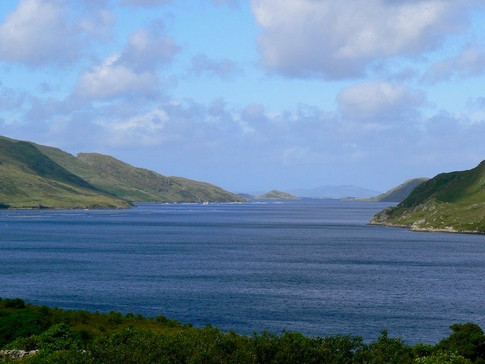
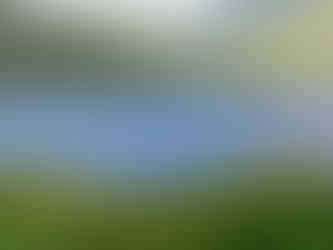



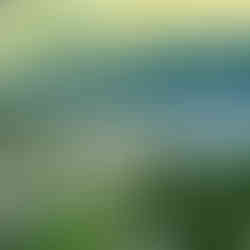


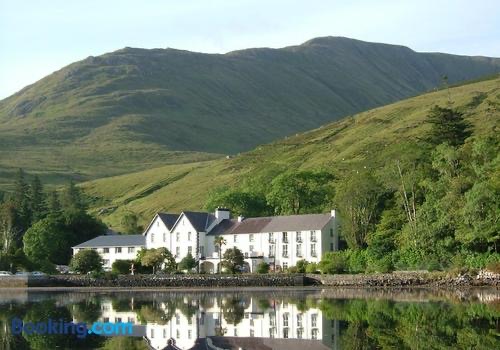
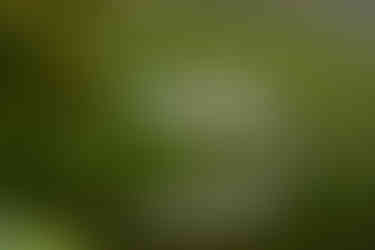





























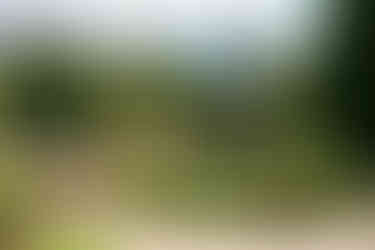








I totally agree - such a beautiful part of Ireland
Great post Fiona, we loved our stay in Clifden and connemara/Kylemore Abbey should be on everyone's bucket list!